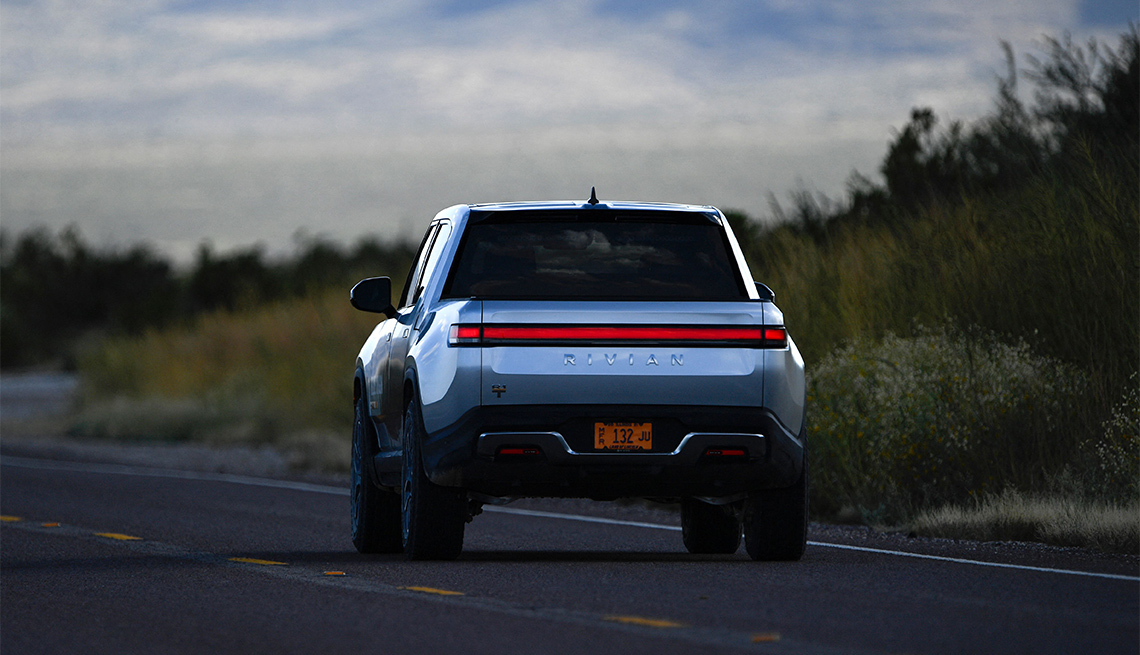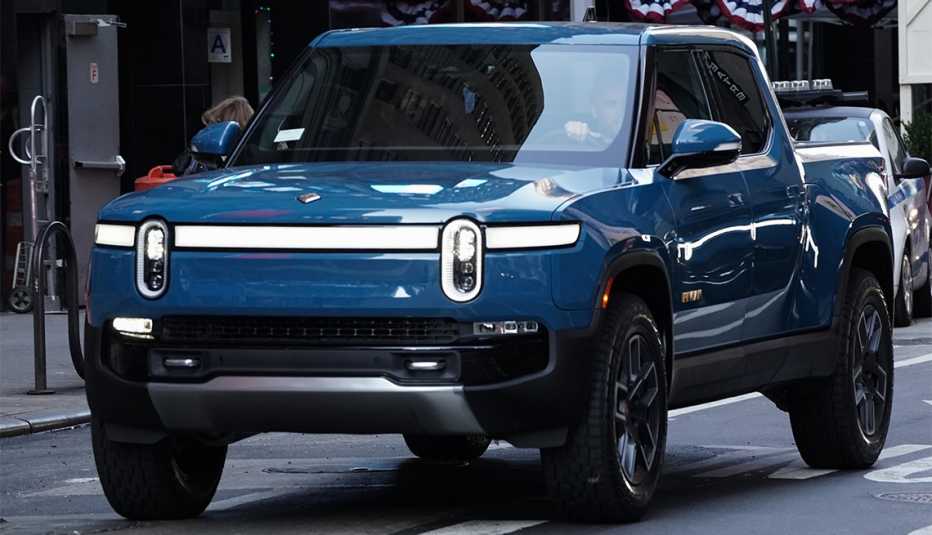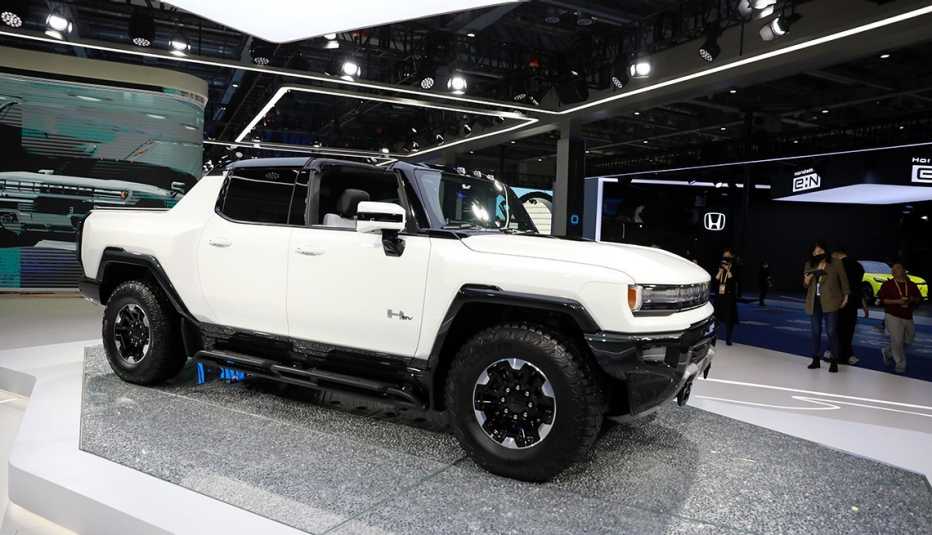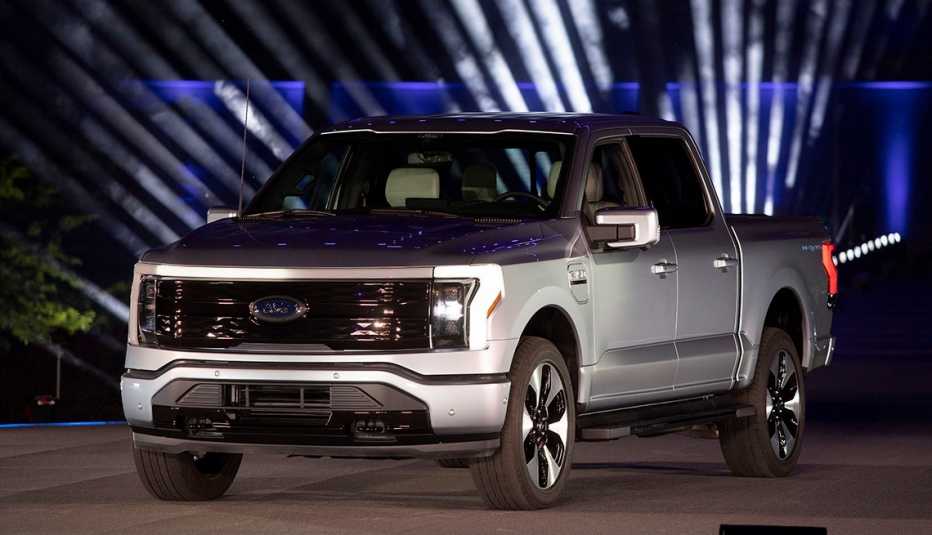AARP Hearing Center
America's love affair with pickup trucks isn't headed to Splitsville any time soon.
The excitement over the arrival of fully electric pickup trucks is palpable. And it's not just consumers who are eager for these electric vehicles (EVs). Automakers also hope the new EVs become big sellers, based on general consumer interest in trucks.
Last year, the top three vehicles sold in the U.S. were pickup trucks, according to Edmunds. And of the 15 million cars and trucks sold in the U.S. in 2021, roughly 13 percent of them were pickup trucks, according to Edmunds. So why has it taken so long to introduce an electric version?
Trucks strike right at the Achilles’ heel of EVs: the heavier the vehicle, the bigger the battery it needs, which in turn adds more weight and more expense. A 2021 gas engine Ford F-150 Supercrew, for example, weighs over 5,000 pounds compared with an electric 2022 Chevy Bolt compact car, which weighs just under 3,600 pounds. Batteries, the most expensive component in an EV, had to get better with improved energy density in order to handle the heft of pickups with payload.
Now, after years of testing and upgraded battery technology, manufacturers are ready to deliver pickup EVs that can go 300 miles on a single charge. This year, at least three major models from GM, Ford and newcomer Rivian are hitting the streets. And models are planned from Dodge and Tesla.
Electric truck features
Electric trucks offer a lot of advantages over traditional gas-powered internal combustion engine (ICE) rivals. EVs deliver more power off the line, making them zippier than any gas guzzler. Many boast sports-car acceleration, adjustable suspension and unique handling characteristics thanks to independent electric motors.
With their low-end power, electric pickups also have tremendous towing capacity, 10,000 pounds and up. In fact, Ford and Telsa have already staged towing battles online, such as the controversial Tesla tug of war video. The bottom line: EVs could easily match or exceed the hauling capacity of even top traditional pickups, so you don't have to make compromises in cargo or towing capacities.
Better still, EVs are virtually silent. In fact, EVs are so quiet they are required to emit electronic sounds at low speeds to alert pedestrians of their presence.
Electric truck drawbacks
If you’re a fan of thundering truck exhausts, however, you're going to be disappointed. These four-wheelers are designed to be quiet and smooth to drive. More important, shoppers may be put off by the sticker price. EVs still command a price premium of several thousand dollars over traditional gas-powered vehicles, but that gap is beginning to narrow.




































































